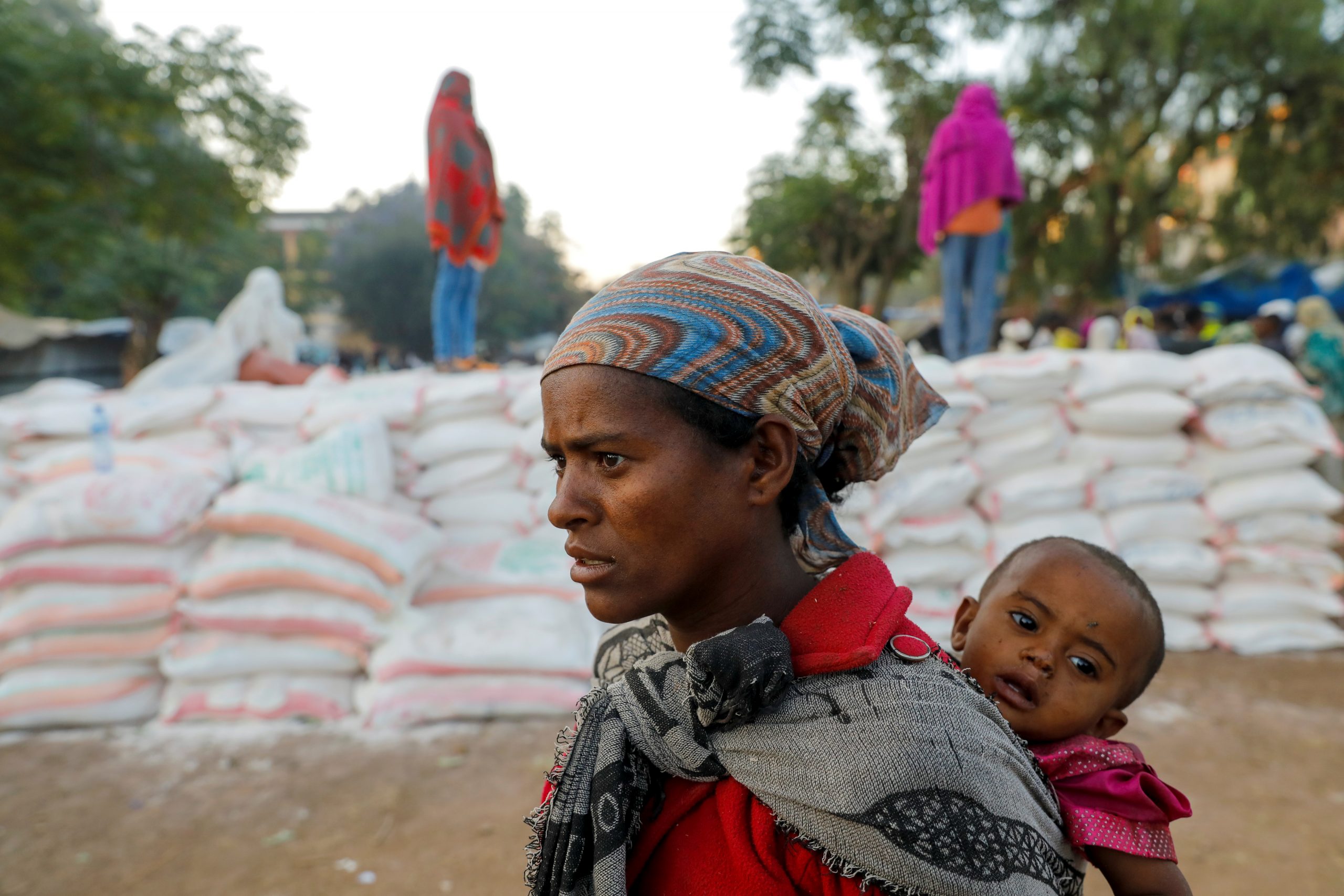- Since 1990, wars have cost Africa almost US$300 billion.
- Ethiopia’s civil conflict threatens its US$110 billion economy.
- Ethiopia’s two neighbouring countries, South Sudan and Somalia are also in deep civil conflict.
In 2007 an Oxfam study argued that since 1990, wars had cost Africa almost US$300 billion, and shockingly enough, this statement haunts the region as Ethiopia’s civil conflict threatens its US$110 billion economy.
Ethiopia has one of Africa’s most well-established airline industries and it is an inspirational nation in terms of development. Still, its current civil status could ruin this image as more trouble keeps brewing as rebel forces from the northern part of Ethiopia, Tigray, advance towards the capital, Addis Ababa.
Since November 2020, Tigray’s rebel forces have been fighting Ethiopia’s military forces, leaving hundreds in humanitarian crises and with countless deaths. This poses a threat to the rest of the region and to Ethiopia’s development initiatives.
Read: Ethiopia’s economy to recover from 2% to 8% in 2022
Ethiopia’s two neighbouring countries, South Sudan and Somalia are also in deep civil conflict.
The World Bank (WB), one of Ethiopia’s close development partners, argues that its location gives this nation of more than 112 million people a strategic dominance as a “jumping-off” point in the Horn of Africa, close to the Middle East and its markets.
The second most populous country with the fastest growing economy in the region has impressed the globe with its development pace, from enhancing its aviation power to increasing infrastructure to make the country more accessible and up to speed.

Could Ethiopia’s ambitions to become an LMIC be delayed? The answer is dependent upon priorities that the country weighs upon. Recently, Reuter’s News Agency noted that Turkey had agreed to sell to Ethiopia military drones. Not only did this deal put the country in a much more defensive position—for a country healing from a turbulent past and building a strong democratic nation—but it mars its relationship with Egypt particularly as the two are currently embroiled in a dam dispute over the waters of the River Nile.
Ethiopia has taken arming itself a priority against the Tigray forces purchasing more weapons from China and Iran. These arming actions could prove inconceivably costly and come with a price tag. Forecast by Trading Economics shows military expenditure stands to reach US$502 million by the end of this year, up from US$460 million last year.
As the rebel forces advance towards the capital, Addis Ababa, there has never been a more pressing time for the country where every support is needed to suppress the growing tensions and call for peace.
Why Africa must end Ethiopia’s tension
Africans themselves must settle all conflicts erupting in Africa. In this case, Ethiopia’s situation gives the region a chance to avert not only bloodshed and destruction of material wealth but staining and ruining decades of democratic development achieved through hard work.
Ethiopia’s Prime Minister and currently the ‘scapegoat’ for the current situation, Abiy Ahmed, was awarded the Nobel Peace Prize in October 2019 for ending the conflict with Eritrea. This diplomatic achievement points to how serious this nation was in transforming itself and sending a stern message of peace to the world.
In terms of economy, the WB argues that Ethiopia’s economy experienced a strong, broad-based growth averaging 9.4 per cent a year from 2010/2011 to 2019/2020, whereby its GDP growth slowed down to at least 6.1 per cent in 2019/2020 due to pandemic.

The country has taken the agriculture, construction and services sector as a crucial tool to advance while dropping the share of people living below the national poverty from 30 per cent in 2011 to 24 per cent in 2016 (World Bank).
Reliable power is yet another plan Ethiopia is advancing towards, through its Grand Ethiopian Renaissance Dam (GERD), which stands to bring power to millions of people in the country. Despite the dam bringing about tensions from Sudan and Egypt, which also rely on the river water, Ethiopia has remained adamant about its plans.
Let us not forget Ethiopia’s iconic airline industry, ‘Ethiopian Airlines’. With the latest analysis from International Air Transport Association (IATA) pinning passenger traffic to, from and within Ethiopia in June 2021 to stand at 30 per cent below the comparable 2019 period; still, Ethiopian is the particular airline that waves the African flag to the world. Protecting the Ethiopian means safeguarding more than 19,000 people’s jobs (direct) and more than 1.3 million jobs across the economy. In 2019, air transport contributed US$4.2 billion to Ethiopia’s GDP.
The 2020 IATA study argued that by 2037 Ethiopian Airline industry market is set to grow by 226 per cent. Further, the Association noted that the industry will support an additional 900,000 jobs and at least US$9.3 billion of GDP by 2037.
Not every country gets a chance to build a reputable airline industry. South Africa, Egypt, Kenya and Tanzania are working hard to climb the ladder behind Ethiopia. Air transport and foreign tourists arriving by air currently supports 5.7 per cent of the nation’s GDP, valued at US$4.2 billion and about 1.1 million jobs (IATA).
Like any other African nation, Ethiopia has experienced its fair share of challenges, ranging from COVID-19 marring its air travel receipts and locust invasion threatening food security systems. The country cannot afford to wage a civil conflict that has not only brought it to a low level diplomatically and tarnished its reputation but threatened economic systems that took time to build.
Africa has seen enough of conflicts, and it is time to rebuild the continent and advance our economies to the world stage.
Read: Ethiopia’s job creation master plan










